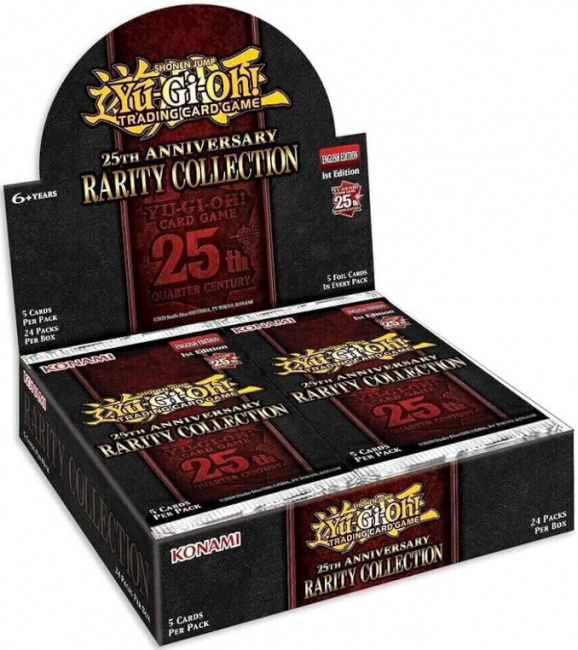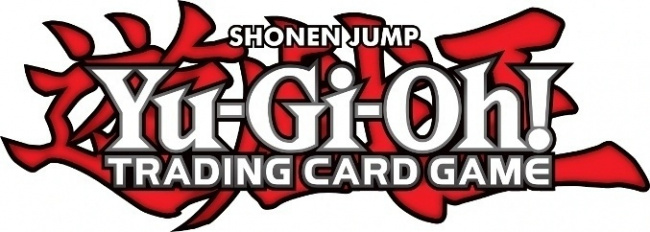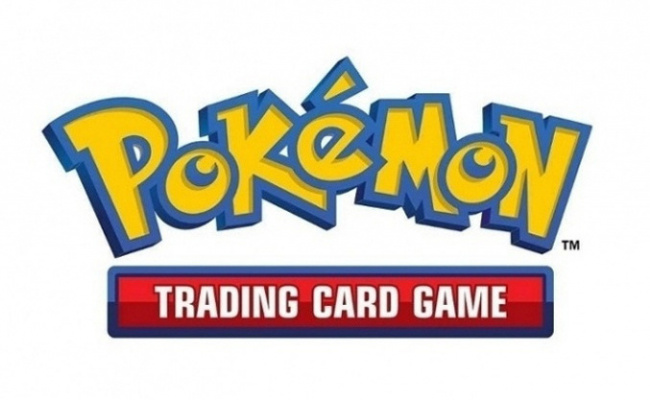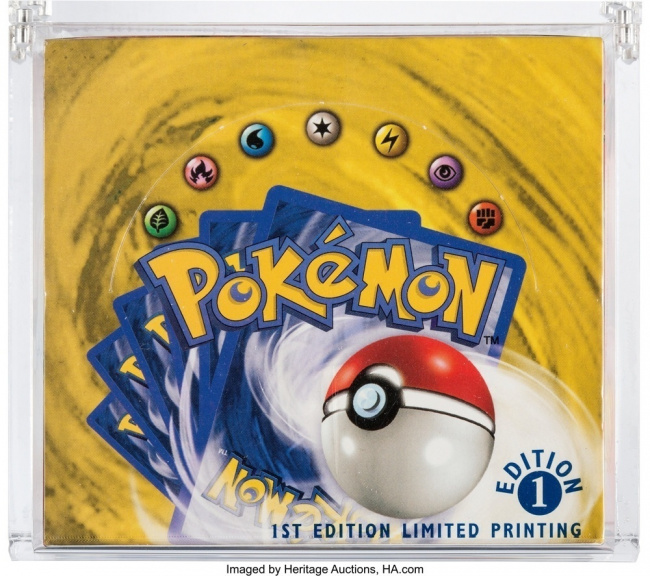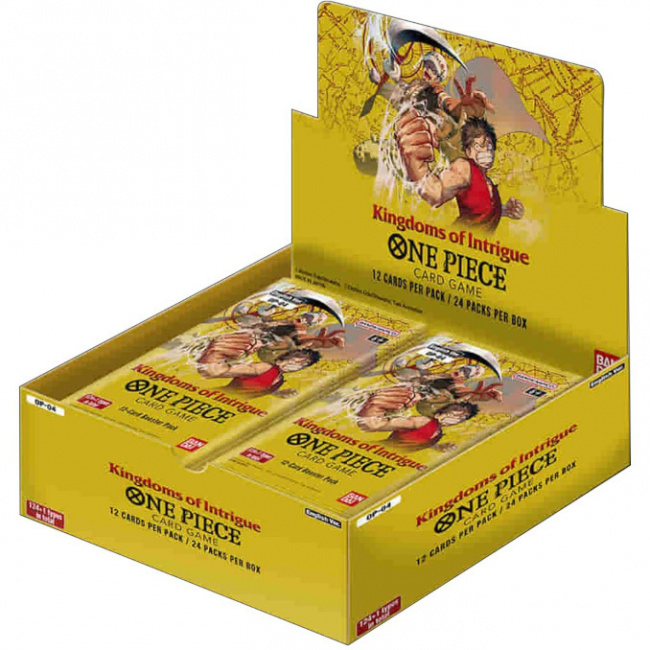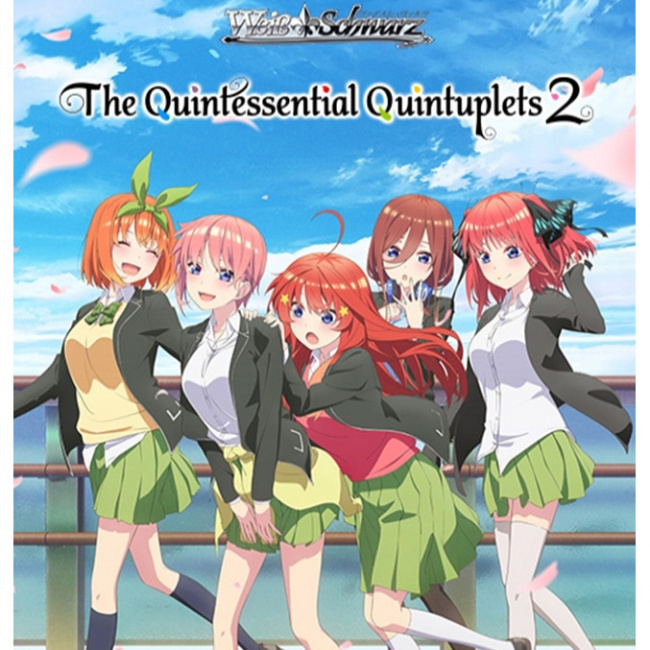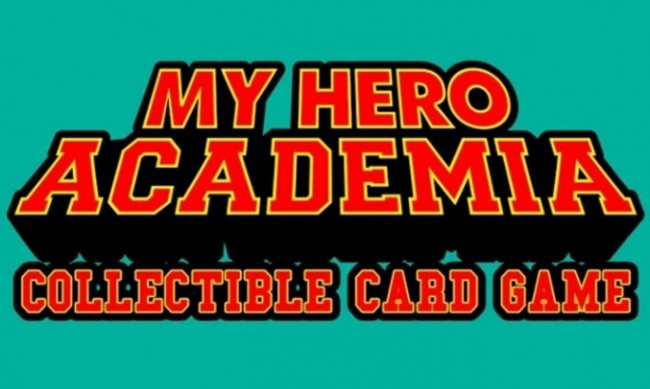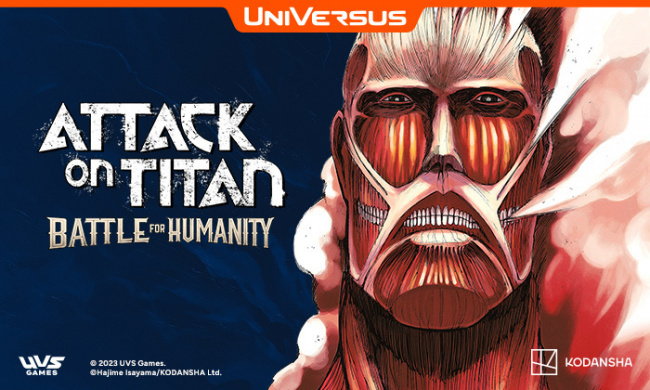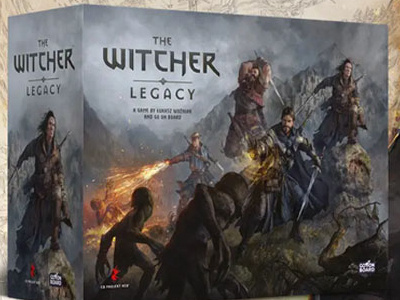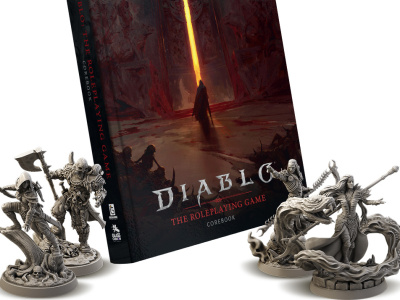New anime-licensed TCGs have been hitting North America over the last few years, and are taking the market by storm. Anime-based TCGs have been fairly prevalent in Japan for a long time now, but only a few had made a significant splash here (most notably Yu-Gi-Oh! TCG) until recently. Some of the newer anime TCGs have gotten so popular lately that they've dominated TCGplayer Top 25 Sealed Products sales charts, which show aftermarket interest, in recent months (see "November2023" and "September 2023"). It's time to take a good look at what has changed over the course of recent TCG history to open up the market to these games and send them soaring in popularity.
Before getting into the new anime TCGs that are driving the market today, it is important to know how the U.S. TCG market grew so much that it could support so many different TCGs as viable products. Prior to 2016, anime-licensed games had popped up now and again in the U.S. TCG market, like the Yu Yu Hakusho and Dragon Ball Z TCGs in the 00s, but they weren't able to achieve the success of the Big Three card games (Magic: The Gathering, Pokemon TCG, and Yu-Gi-Oh! TCG). And even the Big Three didn't actually hit their stride and start routinely doubling their sales until the rise of cryptocurrency and content creator mega-stars.
A lot of the TCG market growth that allowed new anime TCGs to take hold was driven by Magic: The Gathering and Pokemon TCG card singles going to the next level of collectability, thanks to wealth created by cryptocurrency fueling collector enthusiasm and expanding the market. The beginning of the doubling effect for both these TCGs started around 2017, which was the same year Bitcoin went from $911 per coin to $16,777 per coin. This created a lot of wealthy tech workers, who were the ones trading these assets, in a very short period of time.
Tech workers tended to gravitate toward purchasing geek culture collectibles as their disposable income rose. The upward momentum of Bitcoin was followed by a surge in TCG singles prices for vintage Big Three TCG cards in 2018, as demand for pre-2000s singles cards grew steadily. The vintage TCG market did cool off a little later in that same year, but this surge in interest was the harbinger for things to come in the TCG collector world, which would eventually bode well for the anime TCGs entering the market.
The floodgates would truly break open for the TCG market from 2020-2022. The four major catalysts for this breakout were the COVID-19 pandemic shutdown, another parabolic move for cryptocurrency, the rise of content creator mega-stars, and an explosion in the viewership of streaming anime. The pandemic lockdowns were the main driver of the growth to come, as they forcibly planted people on their couches with only their laptops, phones, and televisions to keep them occupied. They watched hours of video content to stave off the boredom of being stuck in the house. People couldn't physically go out and engage in new experiences during pandemic, so they opted to supplant those experiences with binging video content.
Logan Paul was one of the major players in TCG content creation during this time period. Paul started doing more content about his love of Pokemon TCG; content which was thoroughly embraced by his followers. Its popularity eventually culminated in 2020 with Paul and other celebrities (see "Famed Rapper Logic") bidding up Pokemon TCG Heritage auctions, dropping hundreds of thousands on various TCG rarities (see "Sealed 'Pokemon' Box"). Pokemon TCG fans got in on the action, starting buying TCG sealed product, and ignited the TCG secondary market to levels not seen before (see "Blazing Hot 'Pokemon' Singles Market"). This firestorm in the secondary market was further fueled by money from stimulus checks. The TCG market grew as a whole, and fans clamored for more TCG products so they could search for fresh cardboard treasures.
As the TCG market was expanding, anime streaming viewership was also reaching its own critical mass. As noted earlier, the pandemic had people stranded in front of their televisions, and one of the things they did was watch lots of anime. In fact, anime got so popular during the pandemic that one of the biggest movie releases during this era was actually an anime (see "’Demon Slayer’ Gets a Date"). The vast amount of anime consumption via streaming drove the manga market to new heights (see "Sales Grew Over 60% in 2021"), and helped new anime TCGs enter the U.S. market. Pokemon TCG also benefitted from the streaming bonanza, as their animated series bolstered fan enthusiasm.
The TCG customer pool had grown large enough to support even more games beyond the Big Three. With the aforementioned market catalysts helping them along, several new anime TCGs were able to gain a substantial foothold in the North American market. In particular, Bandai launched One Piece CG, which grew rapidly (see "'One Piece' Card Game"), and their Digimon re-launch was also successful.
Bushiroad also has had a number of different anime IP hits through this time period for their Weiss Schwarz TCG. These hits included The Quintessential Quintuplets (see "'The Quintessential Quintuplets 2'"), Attack on Titan (see " 'Attack on Titan: Final Season'"), and the recently launched Chainsaw Man set.
UVS Games also launched My Hero Academia CG in 2020 (see "'My Hero Academia: Collectible Card Game'"), and later expanded their IP lines to include Cowboy Bebop and Trigun Stampede via their Challenger Series decks (see "Rebrands as UVS Games").
Looking at the future of anime TCGs, Bushiroad has several titles coming in 2024 for both Weiss Schwarz TCG (see "'Weiss Schwarz' Plans"), and Cardfight!! Vanguard (see "New 'Cardfight!! Vanguard'"). UVS Games has also announced that they recently acquired the Attack on Titan IP (see "'Attack on Titan' IP"), and will release the Attack on Titan: Battle for Humanity as a booster set, Clash decks, and a Challenger Series product on August 16, 2024. And, of course, Konami's Yu-Gi-Oh! TCG and Bandai's One Piece CG continue to lead the anime TCG category with their new releases in 2024 (see "Release Calendar", and also " 'One Piece CG' Goes '500 Years in the Future'"). Pokemon TCG, based on the video game but accompanied by successful manga and anime, remains the top TCG based on a Japanese property in North America.
As a final note, the newer wave of anime TCGs seem to be mostly supported by collectors. Retailers often associate the strength of a TCG's presence in the marketplace with the number of players that attend organized play, but this is not necessarily the case with anime-based TCGs. Although One Piece CG, Weiss Schwarz TCG, and others do offer organized play and some players engage in it, these games can be successful sellers based on pure collectability, and can be sold in stores with anime and manga fans even if no other TCGs are offered. Chase cards from these games go for hundreds of dollars in the secondary market, and collectors buy lots of packs just to have a chance at opening these cards. In short, judging a game by the size of its player base isn't always the best metric because anime TCG collectors purchase tons of cards as well.
For more coverage from ICv2 Manga Week, see "ICv2 Manga Week."
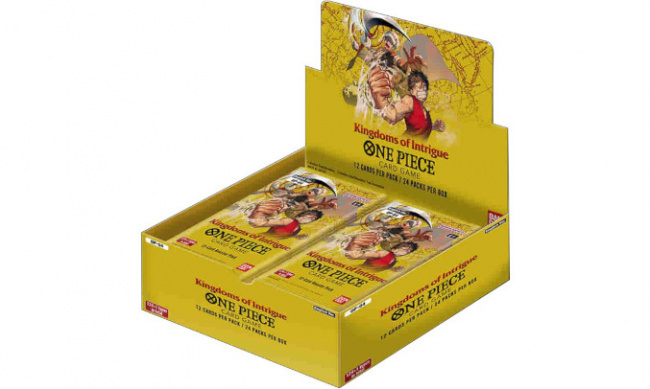
Here's How It Happened, and The Opportunity
Posted by Jeffrey Dohm-Sanchez on February 16, 2024 @ 3:36 am CT
MORE COMICS
Column by Rob Salkowitz
August 5, 2025
In this week's column by Rob Salkowitz, he looks at the industry's biggest show, held in the midst of some existential issues.
On Growth in 2024, YTD 2025, Retailer Tiers, New Functionalities
August 5, 2025
We talked about the growth of comics on the platform last year, what's happening in 2025, the use of retailer tiers, and new functionalities being used for comics.
MORE NEWS
'The Witcher Legacy' by CD Project RED and Go On Board
August 5, 2025
CD Project RED and Go On Board unveiled The Witcher Legacy , a new board game, which is slated to be available for crowdfunding on Gamefound soon.
From Glass Cannon Unplugged and Genuine Entertainment
August 5, 2025
Glass Cannon Unplugged and Genuine Entertainment revealed Diablo: The Roleplaying Game.



